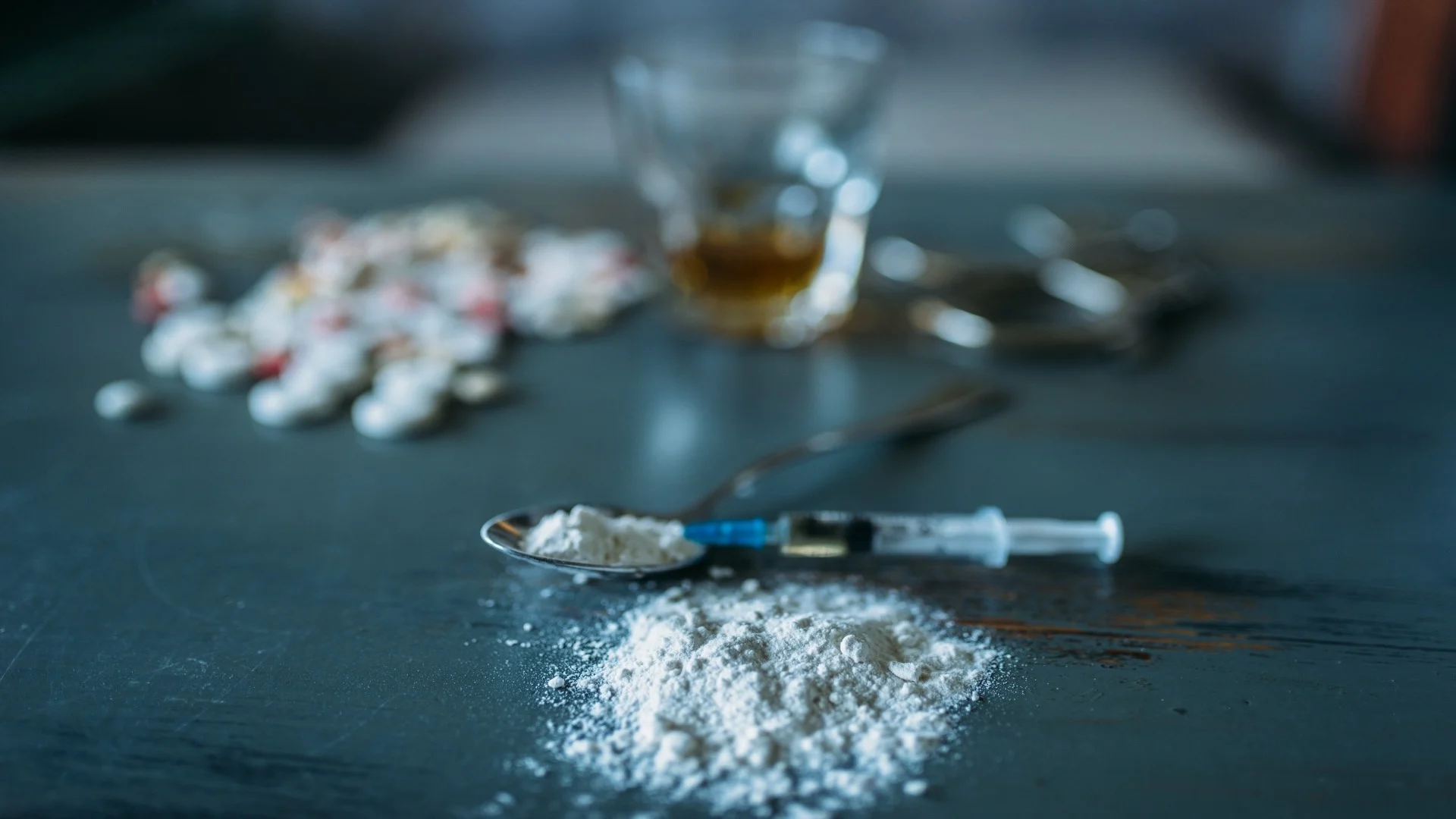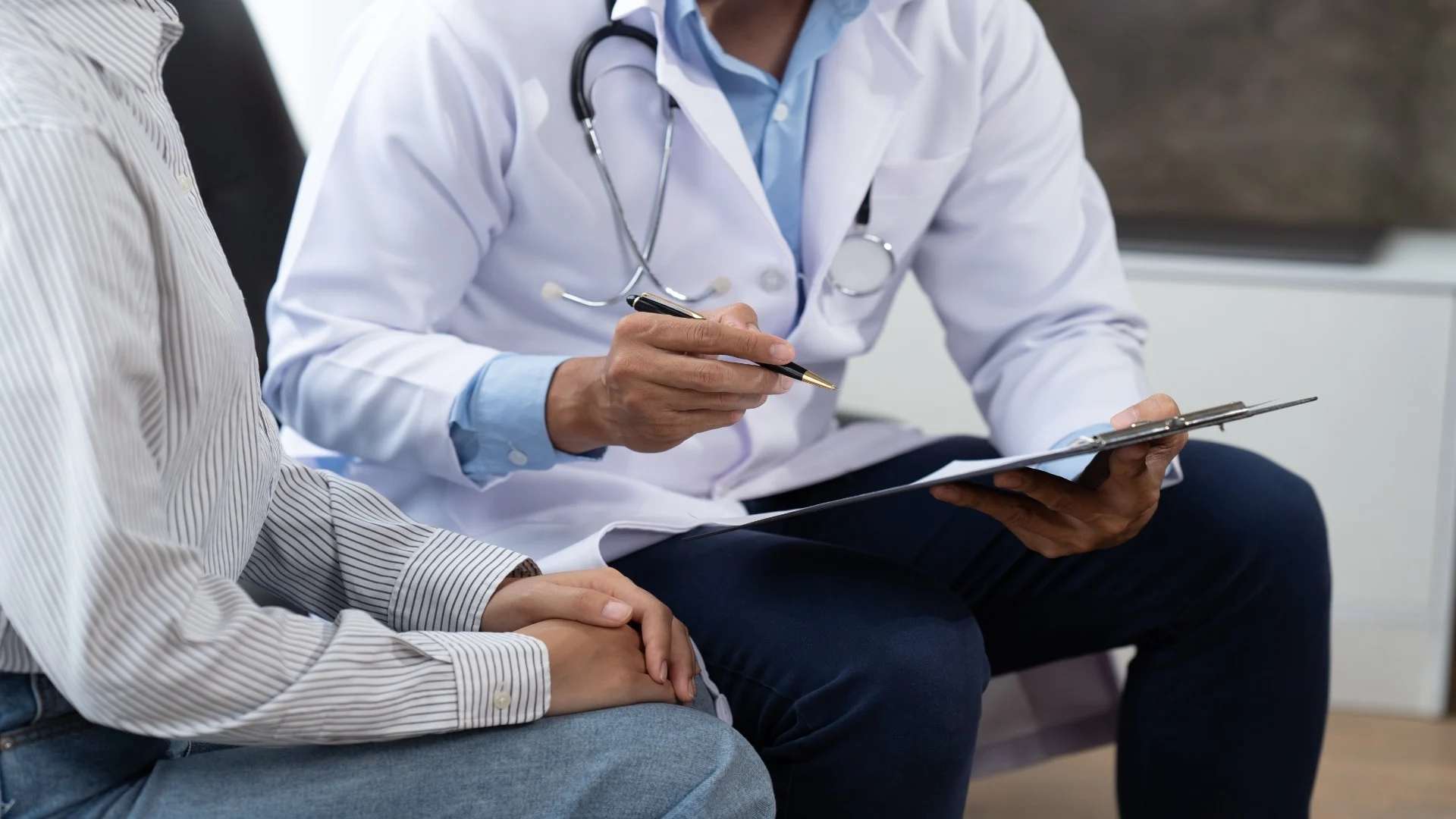Drug and Alcohol
Finding Hope

Find lasting recovery with compassionate meth addiction treatment. Discover effective therapies and support for a healthier, drug-free future filled with hope.
How long does meth withdrawal last?
Meth withdrawal symptoms typically peak within the first 7–10 days. While physical symptoms like fatigue and cravings improve in the first week, psychological effects such as anxiety, depression, and sleep disturbances can last for several weeks or even months.
Are there medications for meth addiction?
There are no FDA-approved medications specifically for meth addiction. However, combinations like naltrexone and bupropion have shown promise in reducing cravings and relapse rates when used alongside behavioral therapies as part of a comprehensive treatment plan.
What therapies are most effective?
The most effective meth addiction treatments include Cognitive-Behavioral Therapy (CBT), Contingency Management (CM), and the Community Reinforcement Approach (CRA). These therapies help change behavior, reinforce sobriety, and build healthy life skills for long-term recovery.
Can family be involved in treatment?
Yes. Family involvement is encouraged and can be highly beneficial. Approaches like Community Reinforcement and Family Training (CRAFT) engage loved ones in supporting recovery, improving communication, and reducing the risk of relapse during and after treatment.
What happens after detox?
After detox, treatment continues with therapy, relapse prevention strategies, and life skills development. This stage is crucial for establishing long-term recovery and encompasses ongoing counseling, support groups, and holistic care tailored to individual needs and goals.
Struggling with meth addiction can feel overwhelming—for both you and your loved ones. The emotional, physical, and mental toll may seem never-ending, but recovery is possible. With the proper meth addiction treatment, you can reclaim control and begin a healthier, more hopeful life.
At The Edge Treatment Center, we offer compassionate, evidence-based care to support every step of your recovery journey. Whether you're seeking help for yourself or someone close to you, understanding your options is the first step toward lasting change. Healing is possible—and it begins with hope.
What Is Methamphetamine and Why Is It So Addictive

Methamphetamine, commonly known as meth, is a powerful and highly addictive stimulant that affects the central nervous system. Often used recreationally for its intense euphoric effects, meth rapidly increases dopamine levels in the brain—triggering a surge of pleasure, energy, and focus. However, this artificial rush comes at a significant cost.
Meth's impact on the brain is profound. It overstimulates the brain's reward system, causing users to feel a short-lived but extreme high. Over time, the brain becomes reliant on meth to release dopamine, reducing its ability to experience pleasure naturally. This leads to compulsive use, even when the negative consequences are severe.
One of the most dangerous aspects of meth use is the binge-crash cycle. Users may go on meth “binges,” taking repeated doses to maintain the high for days at a time. This is typically followed by a crash, marked by fatigue, depression, anxiety, and intense cravings. The collision can be so psychologically distressing that users often take more meth just to feel “normal” again.
This cycle of highs and crashes creates a powerful grip, making meth addiction incredibly difficult to break without professional treatment. Understanding how meth hijacks the brain helps explain why comprehensive care is essential for lasting recovery.
Recognizing the Signs You Need Professional Treatment
Identifying the signs of meth addiction early is critical for achieving long-term recovery. If you or someone you care about is showing signs of meth use, knowing what to look for can help you take the proper steps toward getting help.
Psychological Signs
Meth use severely impacts mental health. Common psychological symptoms include:
Intense mood swings
Anxiety and panic
Paranoia or hallucinations
Irritability and aggression
Emotional numbness or deep depression during withdrawal
These mental health issues often worsen with continued use and can make it difficult for someone to recognize they need help.
Physical Signs
Meth takes a visible toll on the body. Physical symptoms to watch for include:
Rapid weight loss
Skin sores from excessive picking
Tooth decay (“meth mouth”)
Dilated pupils and flushed skin
Insomnia or long periods without sleep
These changes may develop rapidly and worsen over time.
Behavioral Signs
Changes in behavior often signal that meth use is becoming a serious issue:
Isolation from friends and family
Loss of interest in work, school, or hobbies
Secretive or erratic behavior
Risky or criminal actions to obtain more meth
Sudden financial problems or legal issues

We’re Here To Help You Find Your Way
Would you like more information about mental health or drug addiction? Reach out today.
Withdrawal Signs of Meth
Methamphetamine withdrawal is a challenging process that affects both the body and mind, often requiring professional support for safe and successful recovery.
Emotional and Psychological Symptoms
Meth withdrawal often triggers intense emotional symptoms. These include depression, anxiety, irritability, and mood swings. Many individuals also experience feelings of hopelessness or emptiness. Cravings for meth can be overwhelming and persistent, increasing the risk of relapse during early recovery.
Cognitive and Mental Health Effects
Cognitive difficulties are common during withdrawal. These may include trouble concentrating, memory lapses, and a slowed thinking process. In more severe cases, individuals may experience psychotic symptoms such as paranoia or hallucinations, especially in the initial stages of withdrawal.
Physical Symptoms
Physical signs of meth withdrawal vary but frequently include fatigue, body aches, increased appetite, headaches, and tremors. Sleep issues such as insomnia, excessive sleeping, and vivid or disturbing dreams are also typical during the withdrawal phase.
Timeline and Duration
Meth withdrawal symptoms usually start within 24 hours after the last use. Symptoms peak around days 2–7 and can continue for several weeks, particularly psychological ones like depression and cravings.
Importance of Professional Support
Due to the severity of symptoms, professional detox and therapeutic care are strongly recommended. Treatment centers like The Edge provide structured, supportive environments to manage withdrawal and build a strong foundation for recovery safely.
The Treatment Path We Offer at The Edge Treatment Center
At The Edge Treatment Center, we understand that overcoming meth addiction requires more than willpower—it requires compassionate, structured, and personalized care. We offer a comprehensive treatment path that addresses the physical, emotional, and psychological aspects of addiction. Here’s what you can expect when you choose us as your recovery partner.
Medical Detox & Early Stabilization

The first step in meth addiction treatment is detoxification. Meth withdrawal can cause intense fatigue, depression, anxiety, and even psychosis. That’s why we offer medically supervised detoxification in a safe and controlled environment.
Our team closely monitors your physical and mental health, offering round-the-clock support to manage symptoms and alleviate discomfort. This critical phase allows your body to begin healing while laying the groundwork for long-term recovery.
Evidence-Based Behavioral Therapy
After detox, we focus on reshaping thought patterns and behaviors that drive addiction. Our treatment programs are grounded in evidence-based therapies, including:
Cognitive-Behavioral Therapy (CBT) – Helps you identify and change destructive thoughts and behaviors.
Motivational Enhancement Therapy (MET) – Strengthens internal motivation for recovery.
Contingency Management – Uses reward systems to reinforce positive behavior.
Community Reinforcement Approach (CRA) – Builds life skills and positive support systems outside of substance use.
These therapies are tailored to your specific needs, ensuring the best chance for lasting change.
Aftercare & Support Networks
Recovery doesn’t end when treatment does. We help you build a solid foundation for life after rehab. Our aftercare planning includes access to peer support groups like Crystal Meth Anonymous, outpatient services, alumni programs, and sober living resources. These connections foster a sense of belonging and accountability that is essential for maintaining sustained sobriety.
Holistic Supports
Proper recovery requires a whole-person approach. In addition to addiction-focused therapies, we address co-occurring mental health conditions, relationship issues, and personal trauma. Our integrated care includes:
Mental health services for anxiety, depression, and PTSD
Family therapy to repair and rebuild essential relationships
Dual-diagnosis treatment for individuals facing both substance use and mental health challenges

We’ll Lead You to New Heights
Do you have more questions about mental health or drug addiction? Reach out.
Why Choose The Edge Treatment Center
At The Edge Treatment Center, we tailor your treatment to fit your unique needs, goals, and challenges. We understand that no two experiences with addiction are the same, so your recovery plan shouldn't be either.
From your first day with us, we work closely with you to develop a personalized, evidence-based treatment plan designed to support your long-term sobriety.
We offer 24/7 care in a safe, supportive environment where healing can truly begin. Our team of experienced professionals is dedicated to your recovery, providing medical supervision, therapy, and emotional support throughout the process.
We specialize in dual-diagnosis treatment, meaning we treat both meth addiction and any underlying mental health issues such as anxiety, depression, or trauma—because addressing both is essential for lasting recovery.
We also integrate family therapy, aftercare planning, and holistic wellness approaches to support not only your recovery but also your overall well-being. When you choose The Edge Treatment Center, you’re choosing a team that genuinely cares, a place where healing is possible, and a future filled with hope. Let us help you break free from meth addiction and reclaim your life with confidence, strength, and support.
Meth Addiction Taking Over Your Life? We’ll Help You Take It Back.

Meth addiction can feel impossible to overcome, but recovery is within reach. With the proper support, healing is not only possible—it’s powerful. At The Edge Treatment Center, we specialize in compassionate, personalized meth addiction treatment that addresses every part of your journey.
Whether you're seeking help for yourself or someone you love, we're here to guide you toward lasting recovery. You don’t have to face this alone. Reach out today and take the first step toward a life free from addiction—one that’s full of hope, health, and purpose.

We’re Here To Help You Find Your Way
If you or a loved one is struggling with addiction, there is hope. Our team can guide you on your journey to recovery. Call us today.
Written by
The Edge Treatment Center
Reviewed by
 Jeremy Arzt
Jeremy ArztChief Clinical Officer
Drug and Alcohol
October 2, 2025
